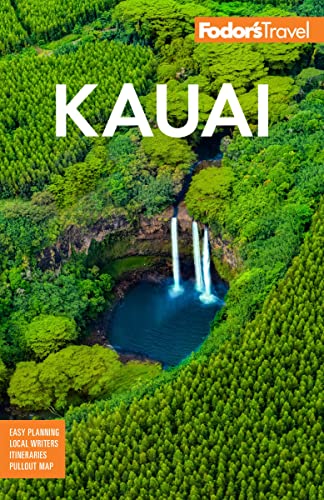Health
In addition to being the Aloha State, Hawaii is known as the Health State. The life expectancy here is 79 years, the longest in the nation. Balmy weather makes it easy to remain active year-round, and the low-stress aloha attitude certainly contributes to general well-being. When you are visiting the Islands, however, there are a few health issues to keep in mind.
The Hawaii State Department of Health recommends that you drink 16 ounces of water per hour to avoid dehydration when hiking or spending time in the sun. Use sunblock, wear UV-reflective sunglasses, and protect your head with a visor or hat for shade. If you're not acclimated to warm, humid weather, you should allow plenty of time for rest stops and refreshments. When visiting freshwater streams, be aware of the tropical disease leptospirosis, which is spread by animal urine and carried into streams and mud. Symptoms include fever, headache, nausea, and red eyes and may not appear immediately. If left untreated, it can cause liver and kidney damage, respiratory failure, internal bleeding, and even death. To avoid this, don't swim or wade in freshwater streams or ponds if you have open sores, and don't drink from any freshwater streams or ponds, especially after heavy rains.
On the Islands, fog is a rare occurrence, but there can often be "vog," an airborne haze of gases released from volcanic vents on the Big Island. During certain weather conditions such as "Kona Winds," the vog can settle over the Islands and wreak havoc with respiratory and other health conditions, especially asthma or emphysema. If susceptible, stay indoors and get emergency assistance if needed.
The Islands have their share of bugs and insects that enjoy the tropical climate as much as visitors do. Most are harmless but annoying. When planning to spend time outdoors in hiking areas, wear long-sleeved clothing and pants and use mosquito repellent containing DEET. In very damp places you may encounter the dreaded local centipede. On the Islands they usually come in one of three colors: brown, blue, or bright orange. They range from the size of a worm to an 8-inch cigar. Their sting is very painful, and the reaction is similar to bee- and wasp-sting reactions. If stung, immediately run very hot water over the wound for 20 minutes or so. When camping, shake out your sleeping bag before climbing in, and check your shoes in the morning, as the centipedes like cozy places. If planning on hiking or traveling in remote areas, always carry a first-aid kit and appropriate medications for sting reactions.




